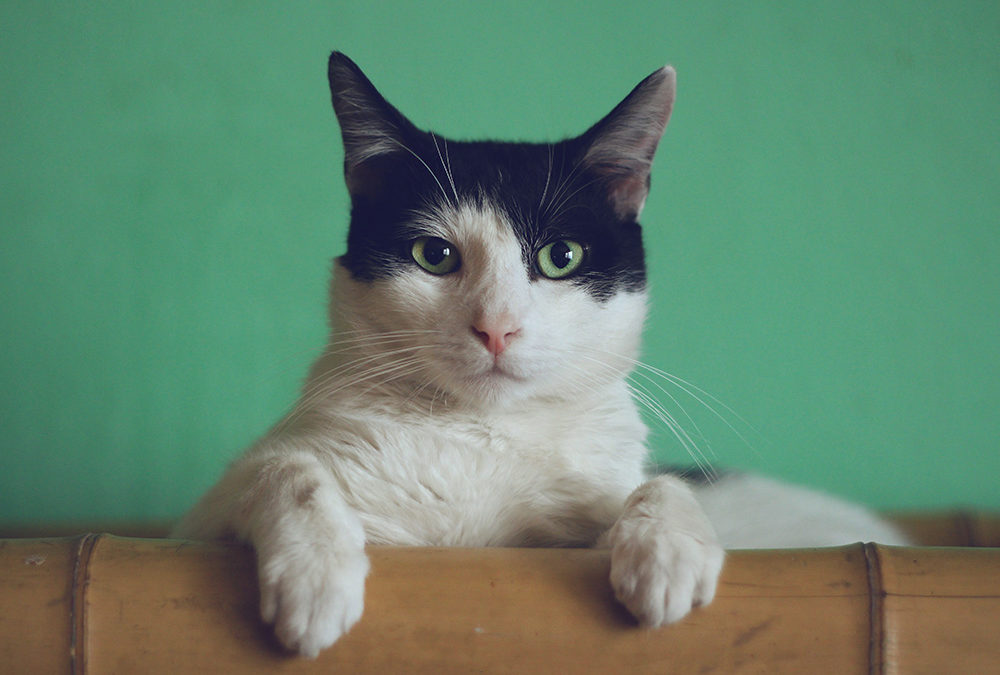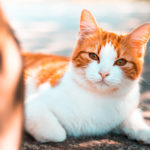When we hear the word Parvovirus we usually think of the horrible and sometimes fatal disease that causes vomiting and diarrhoea in dogs. We don’t associate it with cats. In fact, Parvovirus has been a disease affecting cats longer than it has dogs; it’s just we usually call it Feline Enteritis (or Feline Panleukopaenia). So why talk about it now? Because there has been an outbreak in Melbourne this year. See this recent article in the Herald Sun.
Feline Enteritis (or Parvovirus) causes the same fever, loss of appetite, and vomiting & bloody diarrhoea in cats and is much worse in kittens. Without intensive treatment of intravenous fluids and antibiotics, affected cats often rapidly die from dehydration and secondary bacterial infection. The disease is very contagious and affected cats can continue to shed the virus for at least six weeks after infection. Even indoor cats are at risk as the virus can be carried on clothing and footwear. Pregnant cats can transmit the virus to their unborn kittens causing brain damage.
I have not seen Parvovirus in cats since my early years working as a vet because there has been an excellent vaccine available for many years which will effectively prevent this disease. It is part of the usual kitten and cat vaccination program available at veterinary clinics. The recent outbreak has, as far as we know, been confined to Melbourne, with a small number of cases in Werribee, but that is too close to Geelong for comfort. It is unclear what has triggered the outbreak. Perhaps it is due to the milder weather causing the virus to persist longer in the environment. Perhaps some cat owners have become complacent and not worried about vaccinating their kittens or have forgotten to finish the entire kitten vaccination program. (Kittens need three initial vaccinations then yearly boosters.). Perhaps there are too many adult cats in the community that have not had a Feline Enteritis vaccine for many years so that their immunity has waned.
Whatever the reason, it has never been more important to make sure your kitten has all it’s vaccinations. It is also important to make sure your adult cat is not overdue for it’s vaccination, particularly if it is older. So check your cat’s vaccination certificate to see when the due date is, or contact us and we can make sure your family cat is protected against this deadly disease.
Our clinic offers a pensioner discount for vaccinations. Call us today to find out more!






